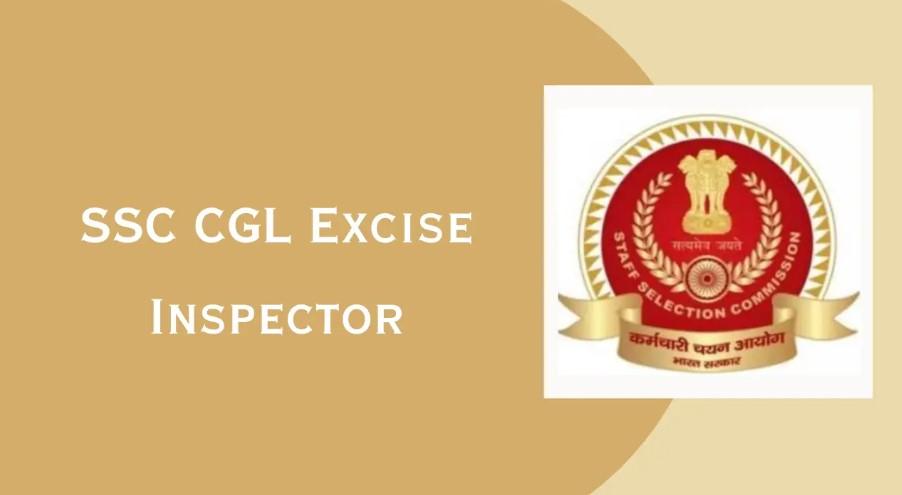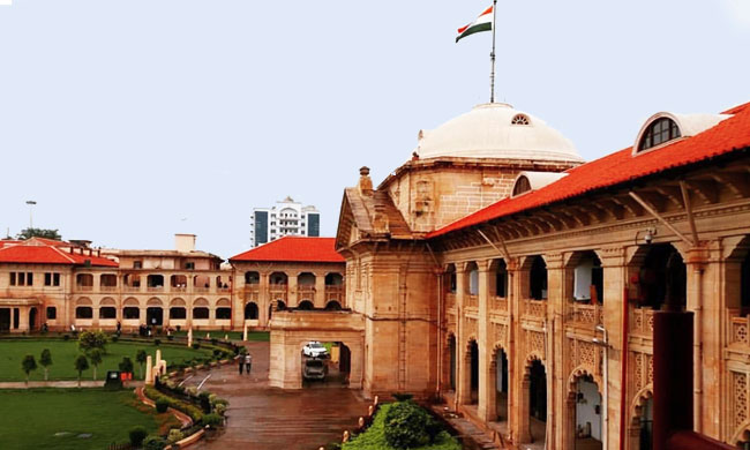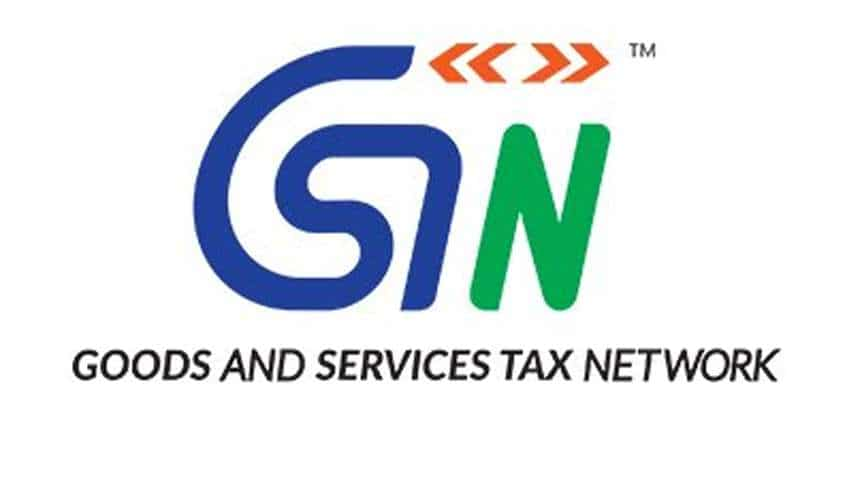Finance Minister Nirmala Sitharaman on May 15 announced that the Goods and Services Tax (GST) Council will meet in the capital at 11 a.m. on May 28.

The GST Council last met in October and is expected to take up several pending issues such as the possible inclusion of petroleum products under the GST regime to reduce the high tax burden that has pushed retail fuel prices to record highs.
States are also expected to bring up the issue of GST levies on critical COVID-19 supplies, including the 5% GST on COVID-19 vaccines.

Federal indirect tax body, the Goods and Services Tax (GST) Council, will meet on 28 May after a gap of seven months amid calls from state ministers for covid-related policy measures.
Union finance minister Nirmala Sitharaman will chair the 43rd meeting of the council via video-conferencing, a tweet from her official account said.
The Council had not met since last October as focus remained on covid management and assembly polls. In the forthcoming meeting, the Council will have to decide on states’ demand for fiscal support and GST rate-related demands in addition to assessing the GST compensation requirement in FY22. For compensating states in FY21 for their GST revenue shortfall, the Council had worked out a financing method. It has to now examine if there is a need to continue the same for FY22 too.
While the central government has already given import duty relief on covid- related medical supplies and vaccines, state ministers are asking for a similar relief on locally produced vaccines too. Sitharaman, however, has said it would be counter-productive to consumers due to accumulation of tax credits for the manufacturers.

Odisha chief minister Naveen Patnaik has asked the central government to give GST exemption to covid vaccines and extend fiscal support to states to fight back the pandemic.
Patnaik said in a letter to Sitharaman last week that states have been asked to purchase vaccines for people in the 18-45 years age group and that GST on vaccines would make the purchases costly for them. Patnaik argued that GST exemption will reduce the cost for states and facilitate the drive towards universal immunisation.
State governments are also seeking a share of the cess that the central government collects on various items. The Centre’s practice of levying cess on various items to raise revenue without having to share with states has been a bone of contention between the two.















